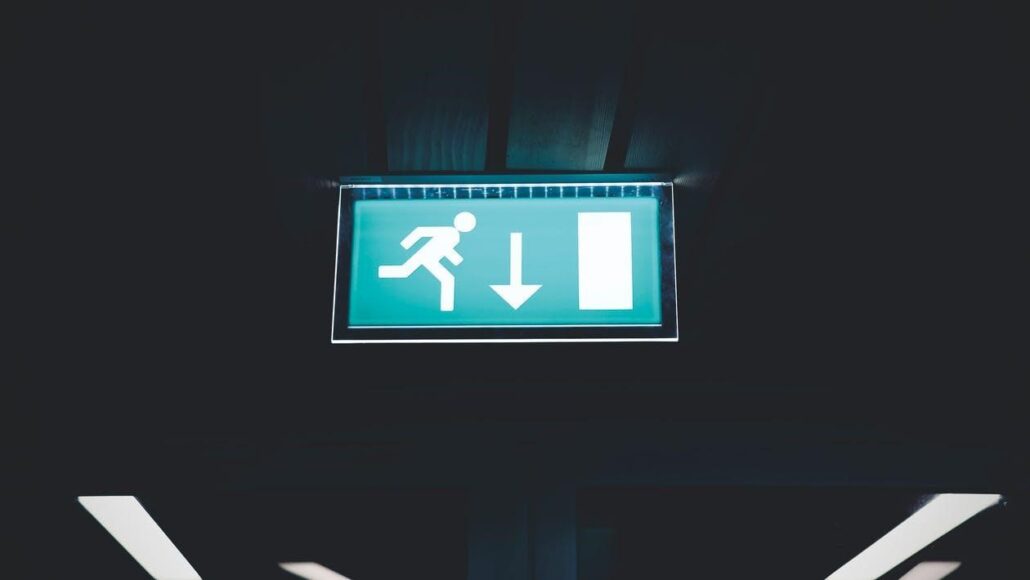For hundreds of centuries, fire has been a valuable resource for humans. Many tremendous life enhancements have resulted from the capacity to successfully regulate and manipulate fire. However, if not adequately managed, fire can become exceedingly disastrous and detrimental to individuals, and the environment.
According to statistics, about an average of 358,500 homes suffered structural fire disasters yearly. US fire administration FEMA reported that over 3,000 people in America lose their lives in fire every year.
In 2016, more than 14,000 were injured in 364,000 residential fire incidents. In 2017, businesses worldwide suffered more than $31 million in property loss that resulted from fire outbreaks. In the same year, at least 1,319,500 fires – commercial, house fires, and wildfires – killed 3,400 people in the US.
Every year, tens of thousands of fires occur, with many going unreported.
Fires can start in a variety of ways, each with the capacity to be disastrous.
Causes of Fire
Accidental fires are triggered by a variety of factors. Fires are frequently caused by unintended ignorance, irresponsible behaviour, and even product or technology faults in general.
So far, House fires have been a very common cause of the fire.
- Cooking fires are, so far, the most common cause of house fires, responsible for 48% of all recorded residential fires. Home fires and injuries caused by portable heaters are also common causes. A significant percentage of house fires are triggered by faults in wiring connections or broken outlets.
- Electrical fires are reported to be the cause of more than 51,000 house fires and over 500 deaths every year.
- Smoking materials such as cigarettes and pipes have also been reported as another major fire cause.
- Candles are responsible for 3 percent of home fires, with one-third of houses triggered by candles starting from the bedroom.
The list of things that couldn’t trigger could go on, therefore, you should prioritise preparing ahead. After all, unexpected instances never fail to take us by surprise.
Here Are Ways to Prepare for a Fire Disaster:
Install Smoke Alarms
One of the most common disasters is fire. Fire kills more people compared to other catastrophic events. However, if you have early notice from a smoke alarm you can flee a fire disaster.
If you do not have smoke alarms yet, it’s time you got some. Install smoke alarms outside each sleeping space and on each extra floor of your home. Smoke alarms practically halve your odds of dying in a house fire, so regard them as really important.
Smoke alarms detect unusually high levels of smoke or invisible combustion gases in the air, as well as smouldering and blazing fires.
*Remember, the batteries need replacement at least once every year. And test the alarms each month.
Install Fire Sprinklers and Extinguishers
Fire sprinklers help to stop a fire from spreading by extinguishing it as soon as it is noticed. Fire sprinklers come in a variety of styles, each designed to suit the infrastructure in which it is installed. The distribution and power of sprinklers ensure that a fire is put out as quickly as possible.
Fire extinguishers are also a crucial component of a home fire protection plan. It can help suppress small fires until the fire service comes, therefore, can save lives and property. Always remember to service fire extinguishers and ensure that they are working well and replace them when due.

Prepare Double Escape Routes
Make a floor layout of your home and indicate two fire escape routes for each room. It’s easy to feel confused in thick, dark smoke. But with a floor plan that has two pathways, you’ll be considerably assisting everyone’s understanding of the safest routes in the event of a terrifying emergency.
Practice Evacuation Procedure
Regularly practice your evacuation procedure with all parties involved. Experts believe that you may only have 2 minutes to escape from a fire. So be extra cautious and prepared, and practice worst-case scenarios.
Make sure that everyone in your family knows the ways that lead outside from every room and where the family can meet outside the house in case of a fire incident.
Create an Emergency Communication
It’s important that everyone in your family knows the ways to get out of every room and where the family will meet. Create an emergency communication plan such that everyone in the house knows who to contact if they can’t find each other. And then they can all convene at the selected safe meeting location.
Fire kills more people than any other disastrous incident. So, prepare in advance.
Teach everyone that calling fire service is important as well. And in the case of a fire outbreak, be quick to evacuate the building. DON’T try to save your possessions.
Remember, as much as you are careful to prevent the occurrence of fire, give considerable priority to preparing for unforeseen incidents.
